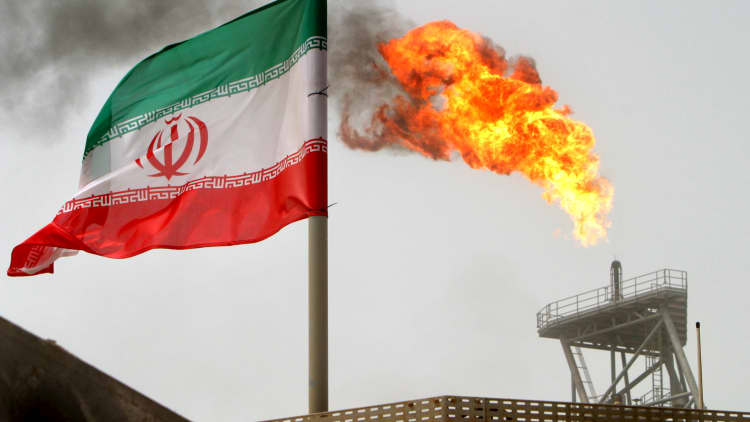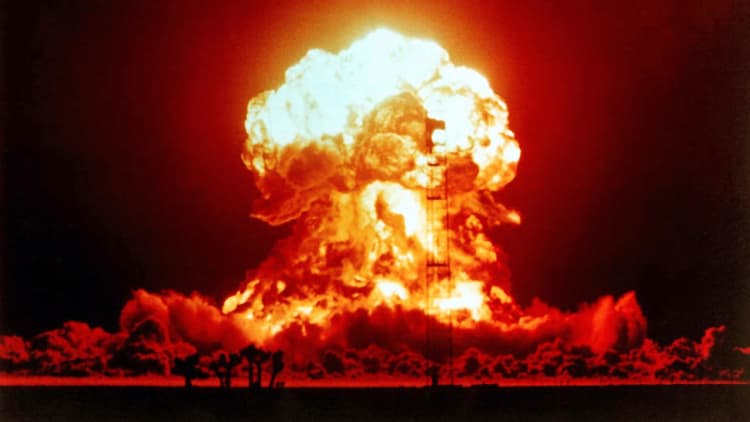A top aide to Iran's supreme leader blamed the "inexperienced" Trump administration for apparent U.S. threats and vowed his country would continue testing ballistic missiles.
Ali Akbar Velayati, who advises Ayatollah Ali Khamenei on foreign affairs, said that Iran had not breached a nuclear deal reached with six major powers in 2015 or a U.N. Security Council resolution that endorsed the accord. The White House has accused Tehran of violating a separate U.N. Security Council resolution on ballistic missiles, as opposed to the nuclear agreement.
More from NBC News:
Trump's wall is only one potential option for border
Trump makes unannounced trip to honor fallen Navy SEAL
Donald Trump, Australian PM offer mixed messages on refugee deal
"This is not the first time that an inexperienced person has threatened Iran," Velayati said. "Iran is the strongest power in the region and has a lot of political, economic and military power ... America should be careful about making empty threats to Iran."

He added: "Iran will continue to test its capabilities in ballistic missiles and Iran will not ask any country for permission in defending itself."
Velayati did not identify any U.S. official specifically.
On Wednesday, National Security Adviser Michael Flynn said the White House was putting Tehran "on notice," an apparent threat of retaliation for Sunday's ballistic missile test.
Flynn, a retired Army general and former head of the Defense Intelligence Agency, delivered his remarks in a surprise appearance at the daily White House press briefing. He cited other examples of what he called Iran's "destabilizing behavior across the Middle East," including reported attacks on U.S. allies by Iran-backed Houthi rebels in the Red Sea.
National security officials told reporters later Wednesday that the administration was considering a range of options, including economic sanctions and supporting forces that counter Iranian action in the region.
President Donald Trump echoed Flynn's remarks on Twitter early Thursday.
Iran used to be prohibited from test-firing ballistic missiles under previous U.N. resolutions. However, these were superseded by a new resolution passed alongside the nuclear deal.
This only "called upon" Iran not to test-fire missiles that could be used to deliver nuclear weapons. Critics of the deal say this wording is effectively a loophole meaning the missile-testing restrictions are not obligatory.
The government in Tehran says that because it doesn't have a nuclear-weapons program, its missile tests are not violations of this clause.
Iranian Foreign Minister Javad Zarif didn't confirm or deny the launch during a press conference Tuesday but said, "The missiles aren't part of the nuclear accords," Reuters reported. "Iran will never use missiles produced in Iran to attack any other country."
The United States deemed the launch to be a failure, after the missile flew more than 500 miles before crashing, according to two officials who spoke to NBC News on Monday on condition of anonymity.
However, Iranian Defense Minister Hossein Dehghan told the semi-official Tasnim news agency on Thursday that the missile test was "successful" but also insisted it "was not a violation of a nuclear deal with world powers or any U.N. resolution."
WATCH: This former defense secretary is terrified of nuclear catastrophe


